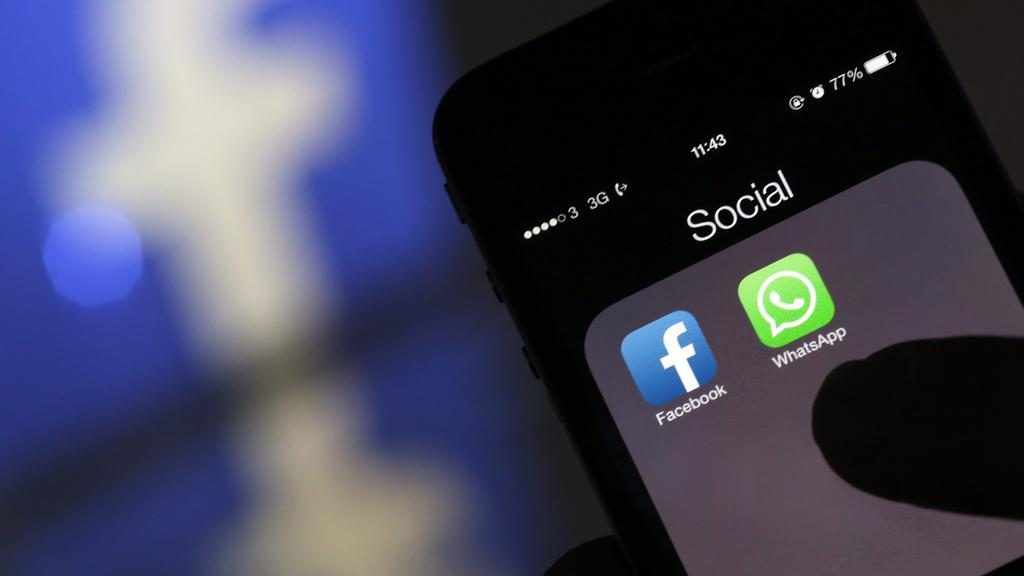Is social media getting too much blame when things go wrong?

Elections. The Arab Spring. Racism. Populism. Rumours, vile as they come. Hatred towards ‘the other’.
Social media is now routinely identified as the key driver of almost everything. And its influence is not just seen to throw up negative tsunamis. Book sales, charity fundraisers, GoFundMe campaigns, missing person notifications, traffic reports, solidarity with cities that have suffered violence. All of these too are driven by social media, which allows strangers to virtually connect and join in useful and responsible community endeavours.
And yet social media is getting an increasingly bad rap.
On Tuesday, November 27, regulators from nine countries met in London to grill a Facebook official about the company’s mounting problems with misinformation, user privacy, and posts that have hate speech and might incite real-world violence.
The Washington Post’s technology policy reporter Tony Romm says the odds are “fairly high” that governments everywhere “except the United States” will follow through on their threats to regulate Facebook.
Consider the declaration issued by the legislators at the end of the London hearing. It said the lawmakers have an “urgent and critical priority … to ensure that the fundamental rights and safeguards of their citizens are not violated or undermined by the unchecked march of technology.”
The traditional media seems to think it’s time.
The New York Times recently editorialised about “the new radicalization of the internet”. Noting that jihadists and right-wing extremists use remarkably similar social media strategies, the paper lamented the fact that violent extremism is “made possible through the internet.”
Is this really true?
Well, it’s available and easy to get on. And it’s right to say, as the NYT does, that social media’s “fundamental design…rewards loyalty to one’s own group, providing a dopamine rush of engagement that fuels platforms like Facebook and YouTube, as well as more obscure sites like Gab or Voat.” If a particular group discusses toxic ideas, it’s pretty likely new, slightly less ideologically committed members are more likely to be radicalised than before they got on to that social media platform. As the NYT says, “radicalization might start with casual conversations among video gamers” and racist slurs may change to an appetite for “overt white supremacist propaganda”. And so it goes on.
That is true enough.
What’s false is the notion that social media is driving everything.
Perhaps it’s simply providing a platform for, and exposing something that already exists.

